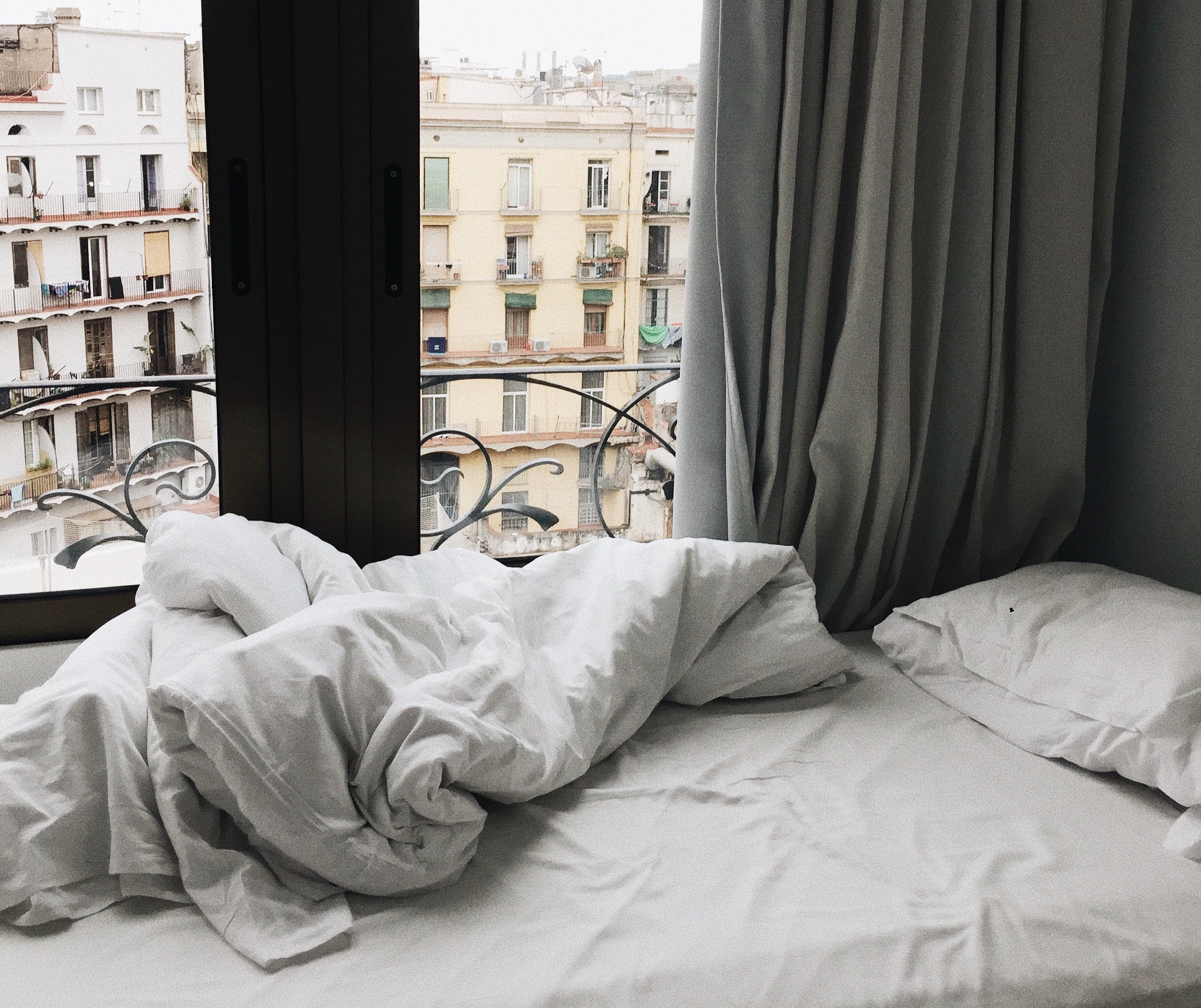I was once having a talk with my Chinese friend about how my skin was so irritated and inflamed lately. She quickly considered my complaint, and then offered simple advice: sleep by 10:00 – Chinese medicine says so. It’s true that traditional Chinese medicine has a 24 hour meridian clock, where different times of the day correspond to a different area of energy and repair in the body (including skin). Some of these occur while we’re awake, but many important functions of the body require us to sleep. Starting around 10pm, as the body is resting, the liver begins processing and cooling blood, and by 11pm the sleeping body starts to cleanse its tissues and toxins.
But in fact, women in Asian countries generally sleep later than women in many other countries. Chinese women sleep, on average, at 11:45pm, despite the traditional medicine’s advice of sleeping early. Of course, modern women often have busy lifestyles, regardless of what the meridian clock recommends.
Take Spain as another example. Spanish women sleep even later than Asian women, usually around midnight, and dinners and social events often don’t start until 10:30 (the sun, too, sets late in Spain, which may be the reasonfor their delayed schedules).
On the other hand, women in Western countries including New Zealand, Australia, the US, Canada, Switzerland, and the Netherlands have earlier sleep times – all, on average, dozing by 11pm. Belgium is the winner for the earliest to crash at night, at 10:30pm for Belgian women.
No matter where you live, sleep has a major impact on our overall health. Bedtime alone plays a huge role in our wellness, and it’s a stronger indicatorto how much rest people get than their wake time. Set your alarm clock, count back 7 or 8 hours, and then give yourself 15-30 minutes before that time to wind down before bed: give yourself a self-massage with some shea butter before hitting the blankets, read a book, or use an app that reminds you via your smartphone when to get ready for bed.
So, what’s your bedtime?


